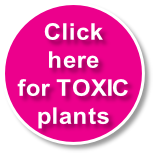
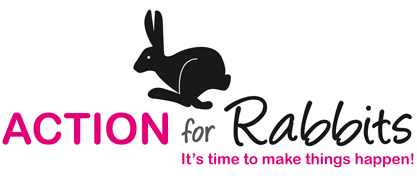

E: info@actionforrabbits.co.uk
Terms and Conditions Privacy Policy Site Map Cookies

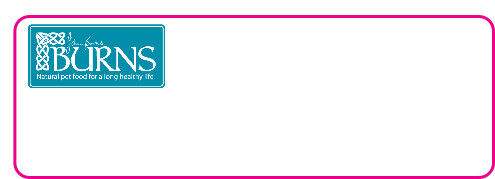
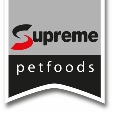



DO NOT FEED ANY FOODS FROM THE GROUP BELOW -
Tomato Plant
Onion
Avocado
Boxwood
Maize
Buttercup
Peas



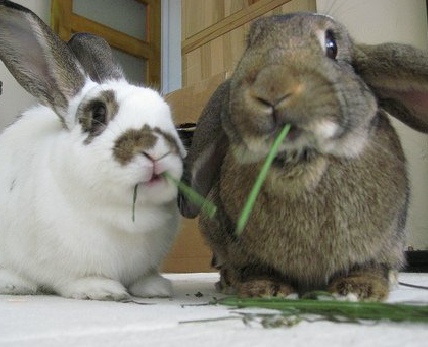

Think of your rabbits diet as a pyramid, about 80% of it should be hay, 15% fresh veggies, 4.5% pellets (hard food) and .5% can be treats.
- Getting the right balance of these food groups is very important to keep your rabbit healthy. A bad diet can result in overgrown/misaligned teeth, obesity and digestion problems.
- Feeding the wrong kinds of fresh food in the wrong quantities can be harmful to your rabbit. Vegetables must not be pre-
frozen or cooked, fresh means fresh and raw. Shop bought vegetables must be washed thoroughly to remove any pesticides used.
- Quantity – Hay should be unlimited. Pellets around an egg cup per rabbit once a day. Vegetables and herbs, around a cup full per rabbit once a day. Based on an average 2kg rabbit.
- Rabbits do not always know if a food is toxic. They will pretty much eat what is available, it is you responsibility to make sure its safe.
- Any new foods should be introduced SLOWLY, a very small piece at a time to allow your rabbits sensitive digestion to adjust. Some rabbits are not able to tolerate some or even all vegetables, any signs of digestive issues such as a mucky bottom and the food should be stopped.
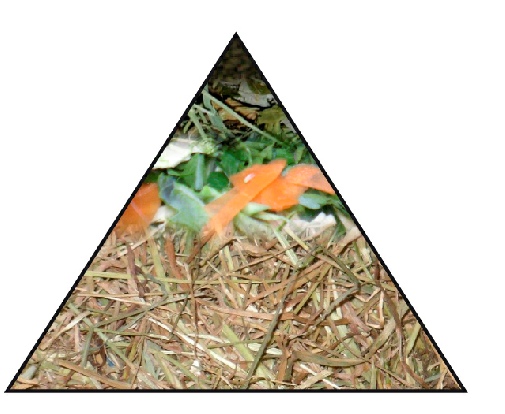








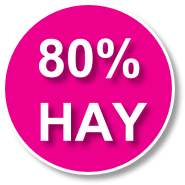
A rabbit can never have too much hay!
Along with fresh water, hay is the most important part of a bunny’s diet. Hay should make up 80% of their food.
The chewing action your rabbit uses whilst eating hay also helps to wear down the teeth, which in a rabbit grow continually, and prevent them overgrowing. Rabbit's have complicated, and very sensitive, GI tracts. They are strict vegetarians, and are designed to be able to digest tough plant materials that many other animals would have a hard time gaining nutrients from. Rabbits need lots of fibre, and hay provides it to them.
Hay is good for your bun because those long fibres that hay is made from help the muscles of the bunny's gut stay good and strong. Hay keeps things moving inside the bunny's system, and can help prevent blockages that may kill your rabbit. Keeping them well stocked with hay may also help to keep the fur and other weird foreign bodies moving through your rabbit's complex digestive system.
A lack of hay can slow down your rabbit's intestinal functions and cause a multitude of problems. Hay is an essential part of your rabbit's diet, and you should no more leave your bunny without hay than you would leave it without water. As a rough guide, a bunny should eat a pile of hay a day roughly the same size as them it but its great if they eat more!
Low Calcium
Alfafa Sprouts
Artichoke
Cabbage
Cauliflower
Celery (cut small)
Endive
Kohlrabi
Mustard
Pea Pods
Romain lettuce
Feed items below sparingly as high in sugar
Apple (never the pips these are toxic)
Banana
Carrot
Parsnip
Pear
Pineapple
Pepper
Pumpkin
Radish
Strawberries
Tomato Turnip
The following list shows SAFE fresh foods to feed your rabbit. We have separated foods into calcium content, it is important not to feed too many high in calcium foods as it can cause bladder problems. The bulk of fresh food meals should be based on a few different types of leafy greens and herbs and other items added only in small quantities as treats a few times a week. Items high in sugar should only be given in very small quantities.
Moderate Calcium
Apple Tree Leaves
Basil
Beet Greens
Blackberry leaves
Bramble Leaves
Broccoli Floret
Broccoli Stem
Chickweed
Collards
Coriander
Dock Leaves (Young)
Fresh grass
Ground Elder
Parsley
Raspberry Leaves
Spinach
Feed items below sparingly as high in sugar
Swede
High Calcium
Alfafa
Broccoli Leaves
Carrot Tops
Camomile
Chinese Cabbage
Clover
Dandelion
Dill
Goosegrass
Kale
Lambs Quarters
Mustard Spinach
Nettle
Peppermint
Plantain
Sage
Shepherds Purse
Sowthistle
Spearmint
Spearthistle
Thyme
Turnip Greens
Yarrow
Watercress
DO NOT FEED ANY FOODS FROM THE GROUP BELOW -
Rhubarb
Fresh Catnip
Potato / Potato skin
Daffodil
Rhubarb Leaves
Potato (leaves/unripe)
Iceberg lettuce
Apple Seeds
Bamboo shoots
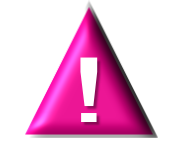
DO NOT FEED ANY FOODS FROM THE GROUP BELOW -
Beans
Ragwort
Leek
Any bulb plant
Chocolate
Leek
Bread
Bind Weed



